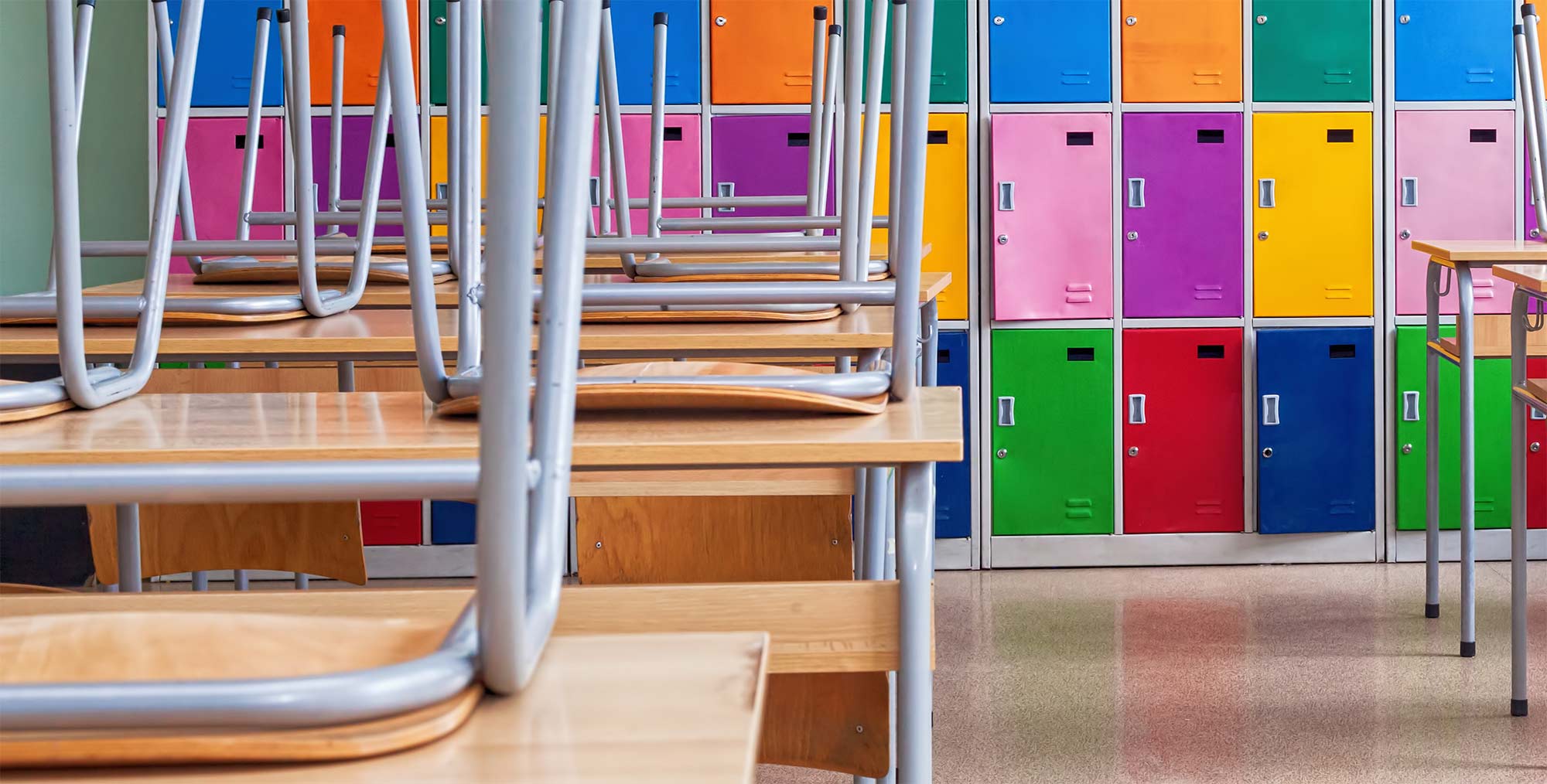
On March 17, the California Department of Education released extensive guidance for schools that have closed due to COVID-19. In a webinar, CDE representatives said that the CDE would send updates every Friday and update the guidance as needed. The guidance is divided into three sections: distance learning, school meals, and child care and student supervision, and can be found on the CDE website at www.cde.ca.gov/ls/he/hn/guidance.asp.
CSBA will be keeping members up to date through individual eblasts when pertinent information becomes available, our weekly update email, a daily education news roundup email and through a dedicated page online at www.csba.org/coronavirus.
- To the extent feasible, continue delivering high-quality educational opportunities to students through other options, distance learning and independent study;
- Safely provide school meals through the Summer Food Service Program and Seamless Summer Option, consistent with the requirements of the California Department of Education and U.S. Department of Agriculture;
- To the extent practicable, arrange for supervision for students during ordinary school hours; and
- Continue to pay employees.
On March 16, the Legislature and the Governor took special action to support agencies grappling with the COVID-19 pandemic, including passage of Senate Bill 117, a bill providing relief to school districts, county offices of education and childcare centers. Gov. Newsom signed SB 117 into law the following day.
SB 117, which directly reflects the advocacy of CSBA and other members of the Education Coalition, provides $100 million to LEAs to purchase personal protective equipment and pay for supplies and labor costs related to cleaning school facilities. The funding will be apportioned to LEAs on an ADA basis with no less than $250 per school site. The bill also ensures that LEAs will continue to receive funding even if they took extraordinary measures like school closures in response to the COVID-19 pandemic.
SB 117, an emergency measure that takes effect immediately, gives LEAs flexibility in providing services to students during an uncertain and unprecedented time:
Specifically, SB 117:
- Provides that for LEAs claiming attendance for the 2019–20 school year for purposes of school funding, the school year shall include only full school months between July 1, 2019, and Feb. 29, 2020, rather than through April, in recognition of the number of local districts that have closed schools to limit spread of the virus.
- Expresses legislative intent that LEAs receiving apportionment ensure that employees and contractors are compensated and paid during the time a school is closed due to COVID-19, as reasonably anticipated if the school had not been closed.
- Waives Education Code provisions regarding instructional day and minute requirements for LEAs that closed schools due to COVID-19 to remove real and perceived penalties that might arise if classroom time is not made up by the end of the school year.
- Requires the superintendent of a school district, county superintendent of schools, or administrator of a charter school to certify in writing to the State Superintendent of Public Instruction that the school was closed due to COVID-19 and provide any additional information related to the school closure, as requested, in order to qualify for continued funding.
- Allows a charter school that does not have an independent study program or a distance learning program in its currently approved charter petition to offer those services without having to submit a material revision to its authorizer.
- Ensures continuity of funding for the After-School Education and Safety Program if a school closed due to COVID-19.
- Requires the SPI, by June 30, 2020, develop informal directives and bulletins, in compliance with Executive Orders, to address contractual and reporting requirements applicable for the 2019–20 fiscal year for childcare and development programs impacted by COVID-19. These programs shall be reimbursed using the most recent certified record or invoice available.
- Specifies that the California Department of Education shall consider the days a school is closed due to COVID-19 as days between a pupil’s regular school session up to when the school re-opens, and the regular session reconvenes to determine an LEAs compliance with special education timelines and services provisions.
- Allows state subsidized childcare and development programs to have their attendance and reporting requirements waived, as specified.
- Extends the timelines for the Uniform Complaint Process by the length of a school’s closure due to COVID-19.
On March 20, U.S. Secretary of Education Betsy DeVos announced the department will grant a waiver to any state that is unable to assess its students due to the ongoing COVID-19 pandemic. The federal waiver announcement aligns with Gov. Gavin Newsom’s leadership on the issue and his March 18 executive order to suspend, pending federal approval, this year’s statewide testing.
State Superintendent of Public Instruction Tony Thurmond reiterated that school districts will not suffer lost ADA funding during the CDE webinar. “Perhaps one of the most important things the executive order does is it says that no school district needs to worry about funding,” said Thurmond. “Every school district will receive the funding that it needs as we find alternative ways, and creative ways, to ensure that California students receive an education.”